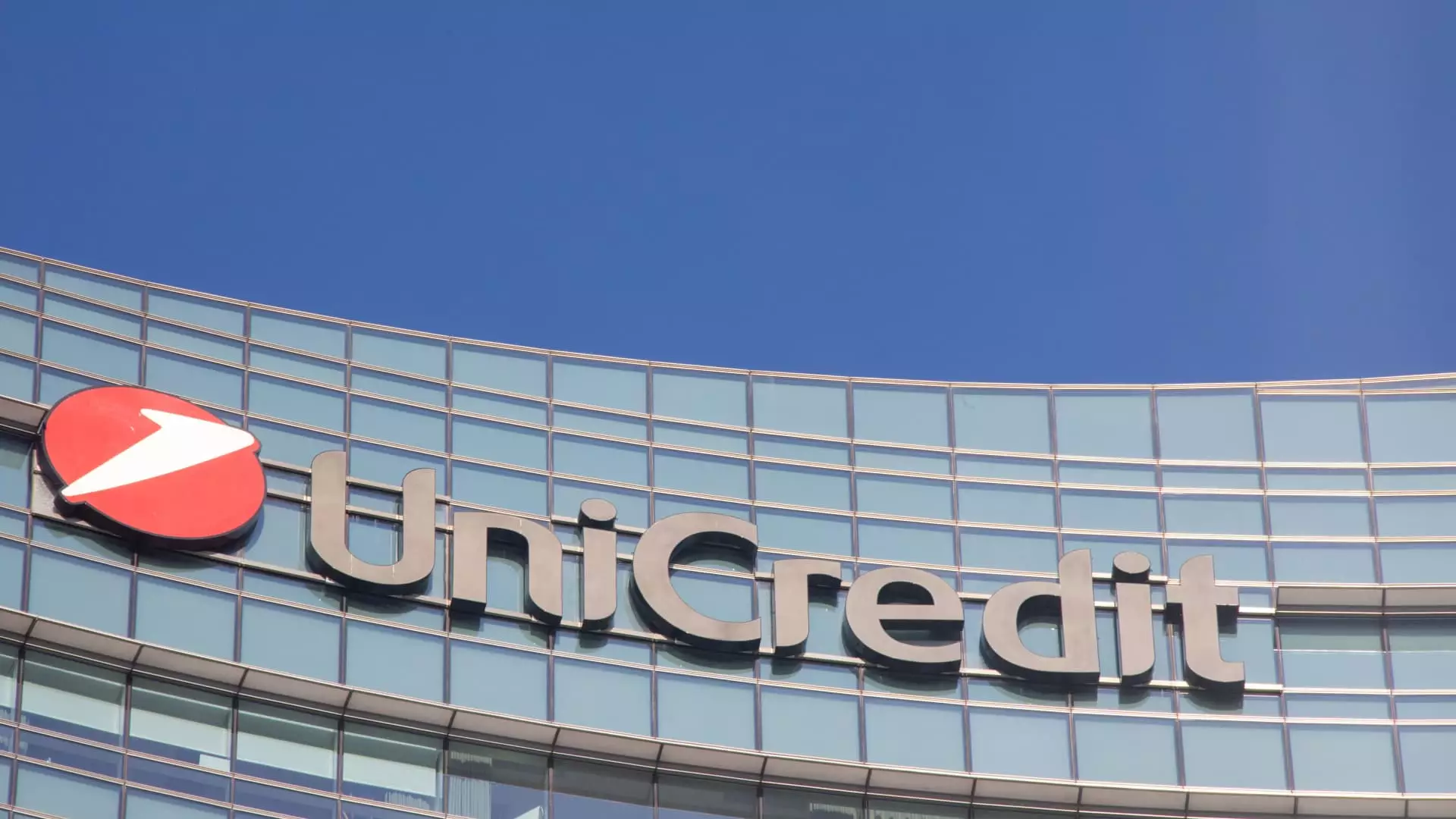In a significant move within the European banking sector, Italian bank UniCredit has proposed an acquisition of its rival Banco BPM for approximately 10 billion euros ($10.5 billion). This strategic initiative aims not only to enhance UniCredit’s domestic presence but also emphasizes its ambition to solidify its standing as a leading player in the broader European banking landscape. The offer amounts to 6.657 euros per share, reflecting a slight premium over Banco BPM’s recent market performance. This all-stock acquisition highlights UniCredit’s intent to maneuver aggressively in a market that has long been anticipated for consolidation.
The European banking industry is currently witnessing a wave of merger and acquisition activities, underscoring a shifting paradigm characterized by strategic consolidation. Banks across the continent are recognizing the need to scale operations and fortify their competitive edge in an era marked by regulatory pressures and economic challenges. UniCredit, with its robust financial position, is well-poised to take advantage of this trend. Its consistent cash flow and positive year-to-date performance—indicated by a 55% rise in shares—render it an attractive acquirer in a landscape where many institutions are struggling to maintain profitability.
While the bid for Banco BPM signals a commitment to strengthening its domestic operations, it does not diminish UniCredit’s pursuits on the international stage, particularly regarding its stake in German lender Commerzbank. The Italian bank has gradually increased its involvement with Commerzbank, seeking to raise its stake significantly. This dual approach demonstrates a multi-faceted strategy where UniCredit aims to leverage both domestic acquisitions and international stakes to bolster its overall market influence. However, such ambitions are not without their risks, as highlighted by the German government’s cautious stance regarding foreign investments in key financial institutions.
Should the acquisition of Banco BPM materialize, it would lead to the formation of a more formidable banking entity within Italy. This merger could lead to enhanced resource-sharing, cost efficiencies, and an expanded customer base, which are crucial for maintaining competitiveness in a tight-margin industry. However, the complexities of merging corporate cultures and systems cannot be overlooked; successful integration will be a pivotal determinant of the transaction’s overall success. Additionally, regulatory scrutiny may also be a factor to consider, as both national and European authorities often analyze potential mergers for their impact on market competitiveness.
Recently, UniCredit has posted an 8% year-on-year increase in quarterly net profit, amounting to 2.5 billion euros ($2.25 billion). This positive momentum is underscored by an upward revision of its full-year profit guidance, now exceeding 9 billion euros. Such financial indicators bolster the bank’s credibility in pursuing aggressive growth strategies. Stakeholders and investors will be keenly watching how the proposed acquisition unfolds, as it may set a precedent for future mergers in the European banking sector and influence market dynamics moving forward.
UniCredit’s bid for Banco BPM serves as a critical bellwether for the shifting tides of the European banking landscape. The combination of strategic domestic acquisitions and heightened international interests marks a transformative period for European financial institutions as they navigate an era ripe for consolidation and growth.

